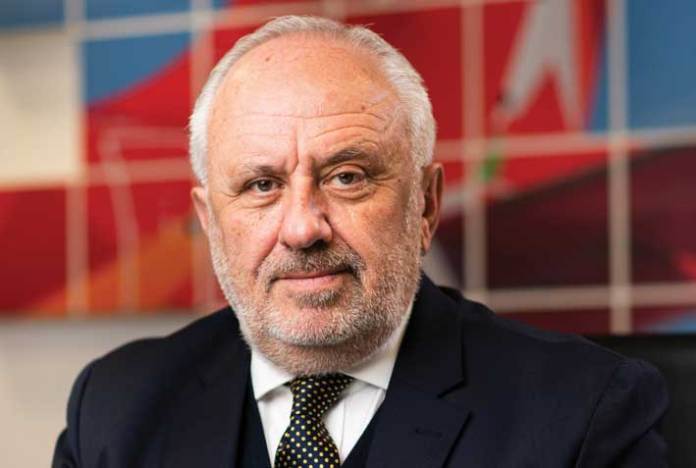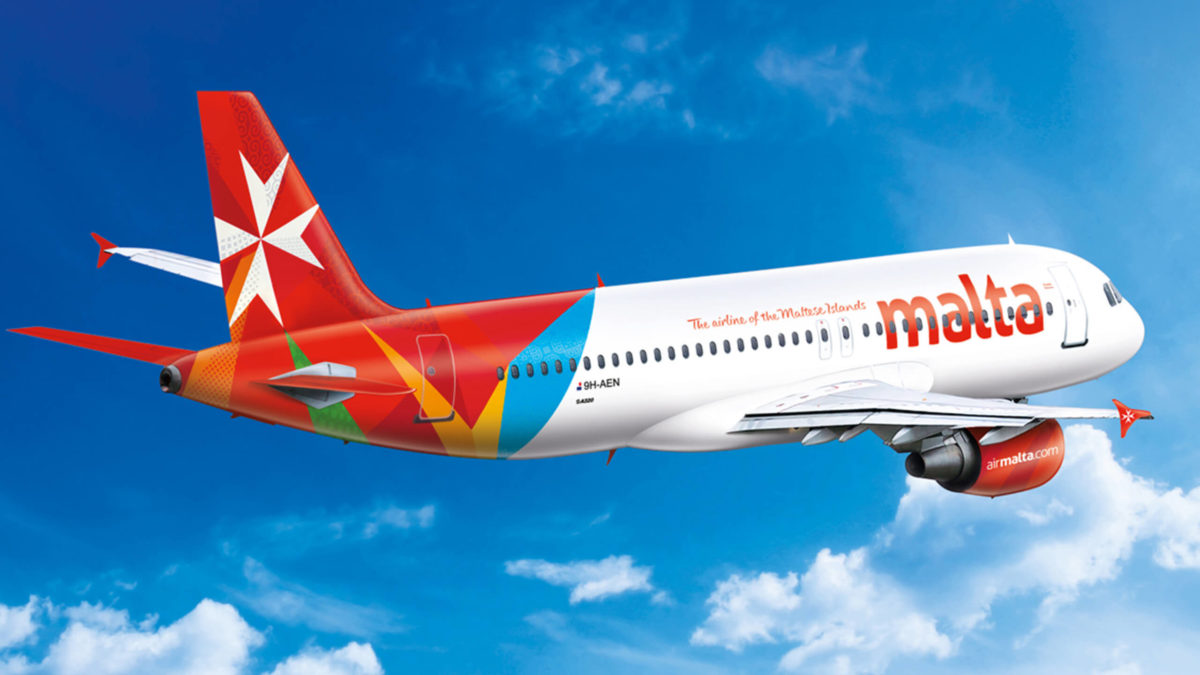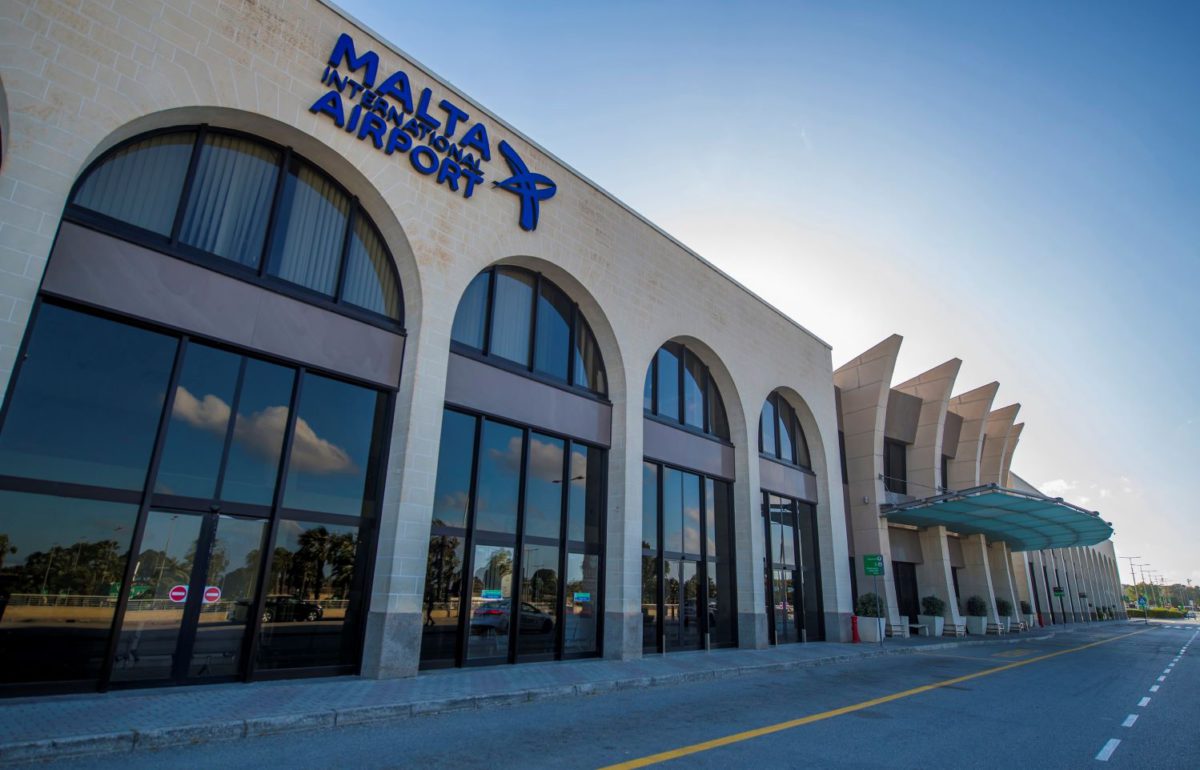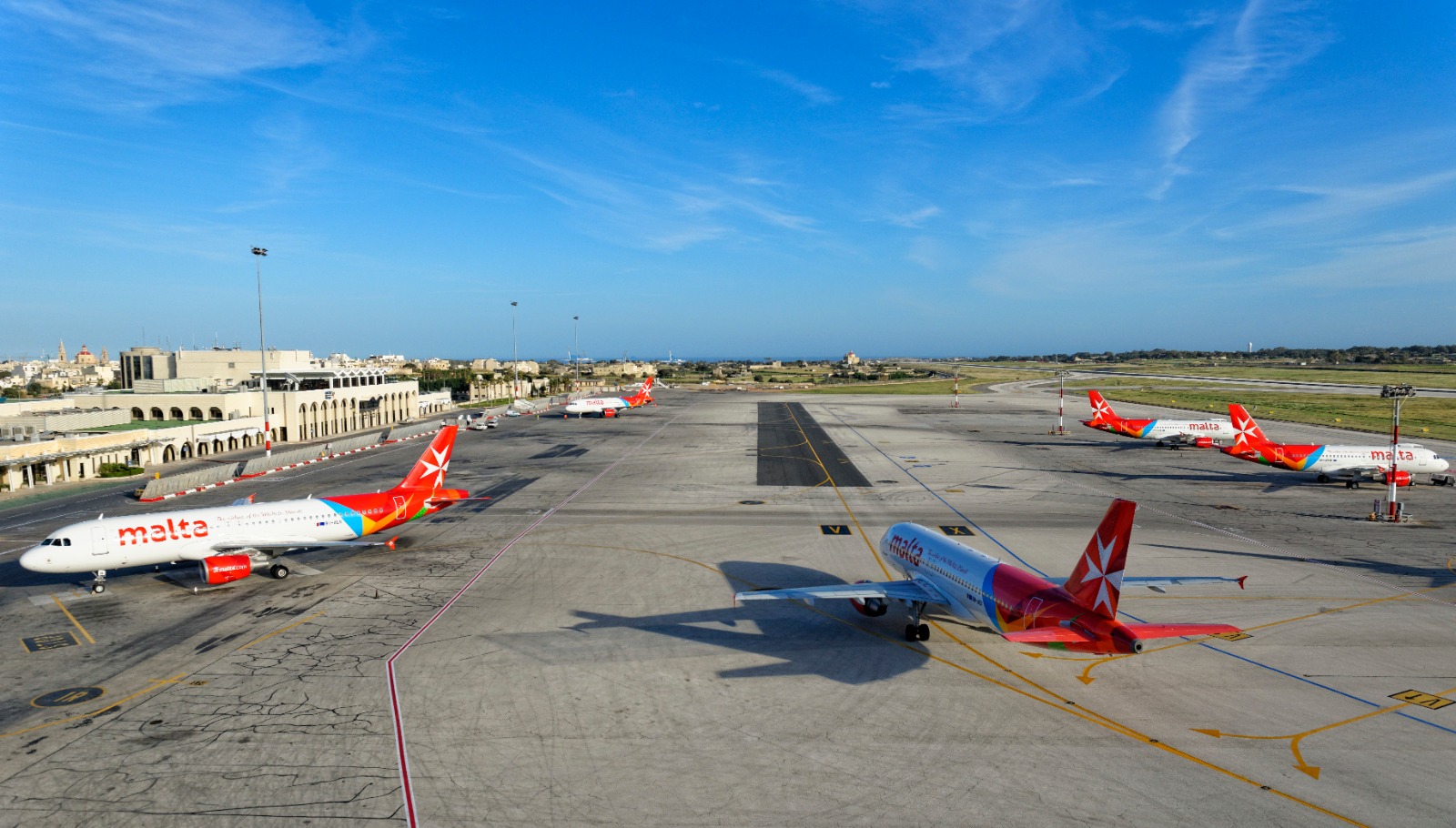Malta’s national flag carrier, Air Malta, is experiencing booking levels at 60 per cent lower than what would normally be expected, the airline’s executive chairman, David Curmi, said to BusinessNow.mt when asked about the worsening situation for aviation due to the rising COVID cases across Europe and beyond.

“Air Malta has noticed and experienced a decline in demand and softening of the markets over the past two to three weeks. Whilst booking activity still exists, unfortunately, the level of active cancellations has also increased, resulting in Air Malta current booking levels being 40 per cent of what would normally be expected,” Mr Curmi told BusinessNow.mt.
Asked about whether the increase in active cancellations is a direct result of the more-transmissible Omicron COVID variant, the chairman said that Air Malta would not limit any effects on bookings solely on the classification of the aforementioned variant as one of concern.
“In preceding weeks, media reports had already been referring to COVID resurgence in a range of countries and highlighting actions being taken to increase restrictions.
“The negative public response to some of these announcements has also received a wide range of media exposure. All of these elements together have negatively affected public confidence in travel and has caused a significant impact to the stability we were finally starting to see in most countries where we operate.”
Mr Curmi went on to say that national vaccination programs continue to be of great importance to travel consumer confidence, and highlighted the importance of common, interoperable and mutually recognised health credentials across countries. Indeed, several stories have emerged by travellers who have found themselves stuck in a country or forced to quarantine for bureaucratic reasons despite being fully vaccinated.
“The recent proposal by the EU that vaccines should be valid for nine months from the last dose is one that needs to be carefully managed, and whilst discussions are ongoing, Member States should not resort to complex ‘made-at-home’ rules.
“Whilst complete harmonisation is unlikely, simple best practices that travellers can comprehend should be achievable, particularly through better use of technology.”

Consumer confidence continues to decline
Asked about the sentiment within Air Malta and the local aviation industry during Malta’s shoulder months, typically the winter season, Mr Curmi was clear in that booking activity “shows a distinct lack of customer and travel trade confidence in booking beyond a sixty-day time window.”
“There is no strong appetite to commit to firm travel arrangements in a mid-to-longer term travel plan, and most airlines are now holding a negative outlook for the ‘shoulder months’.”
While figures for passenger numbers for the preceding months are not yet available, a look at Malta International Airports’ passenger movements for the past months – October (428,426 passengers), September (418,473 passengers), August (407,435 passengers) and July (311,692 passengers) – shows how travel confidence was steadily on the rise before COVID started to spike across Europe.
However, this tide has turned, as evidenced by Air Malta’s waning booking numbers and the rise in active cancellations.
Mr Curmi said that due to the lack of appetite for travellers to book holidays well in advance “the January to March travel period looks weak with bookings below expectations of what they would have been six to eight weeks ago.”
“This customer uncertainty in demand and bookings has led to a spate of market pricing reductions as carriers contest limited demand. This is also leading some airlines to reduce capacity and cancel flights.
“The previous instigated relaxed booking conditions and reduced change fees continue to remain in place for the foreseeable future by many airlines.”

From recovery to concerns for upcoming months
Mr Curmi said that following the stabilisation of the markets after July, Air Malta saw clear signs of market recovery across a majority of its routes and cities, with one possible exception being Italy, which has lagged behind other countries in the speed of recovery.
He acknowledged that the airline experienced a “very strong” September and October travel demand period.
“Customer demand had shown signs of improving albeit at reduced fare levels compared to pre-COVID. Unfortunately, by the second week of November, signs of decline in demand started to appear and have only worsened since then.
“The winter period for Malta has always been the lower demand period, and with the current decline in customer demand and the lack of customer forward planning confidence, we foresee this as going to be a very challenging winter.
“Given the times we are living and the challenges that Air Malta is facing, we are continuously optimising our business model for profitability and liquidity, and we plan to continue to do so without compromises.”
Indeed, the challenge Mr Curmi is perhaps alluding to is the need for state aid, which must first be approved by the European Commission. Media reports earlier this month say that the Finance Minister and Malta’s Government are rounding off discussions with the Commission on such aid.
Air Malta has been a thorn in the side of successive Governments due to its inability to sustainably and consistently turn a profit. State aid granted in 2012 to the tune of €130 million was done so on the proviso that it would be the last injection of capital by the Government to prop up the airline.
EU state aid rules are imposed to ensure a level playing field within the single market across the EU. That being said, exceptions have been granted since the onset of the pandemic due to serious cash flow issues being experienced across the aviation sector.
Finance Minister Clyde Caruana has previously said that Air Malta went through €435 million over the past 15 years, or €29 million per year, with the few profits registered in year-end accounts stemming from the selling off of assets.
Media reports say that in light of this, the Government is requesting permission from Brussels to pump millions into the airline, with reports suggesting that Government wants to provide €290 million in subsidies.
Maltese ultra-athlete Fabio Spiteri partners with ThinkTalent
He will bring his narrative of discipline, resilience, and strategic mental toughness to the local professional community
‘At the heart of Melita’s B2B approach is a partnership mentality’ – Robert Runza, Director of Business Development
Melita has built a strategy that goes beyond cost-effectiveness to deliver top-tier, purpose-built services.
A closer look at the four-day work week
Can Malta’s economy, already facing worker shortages, afford to make the leap?






